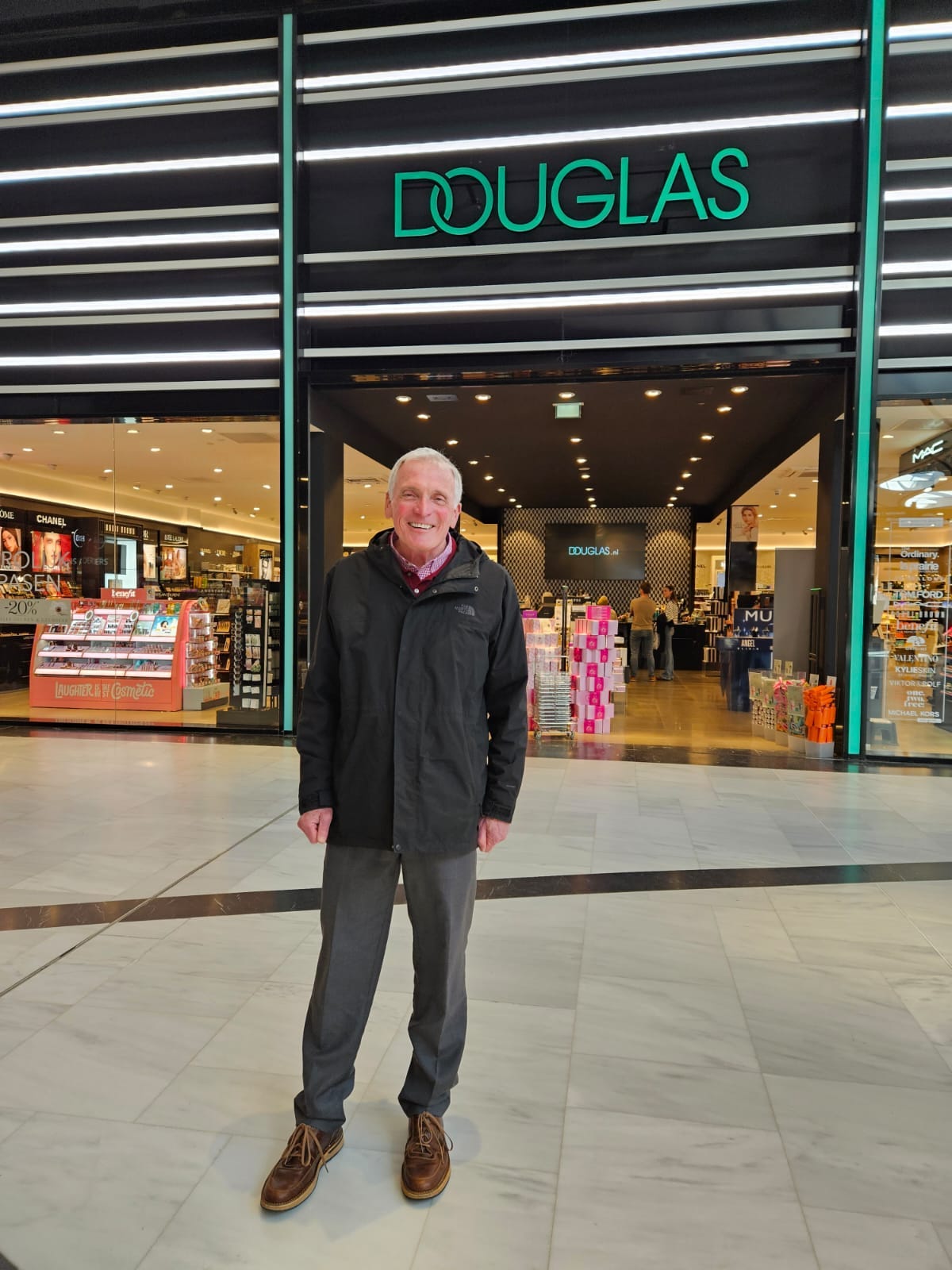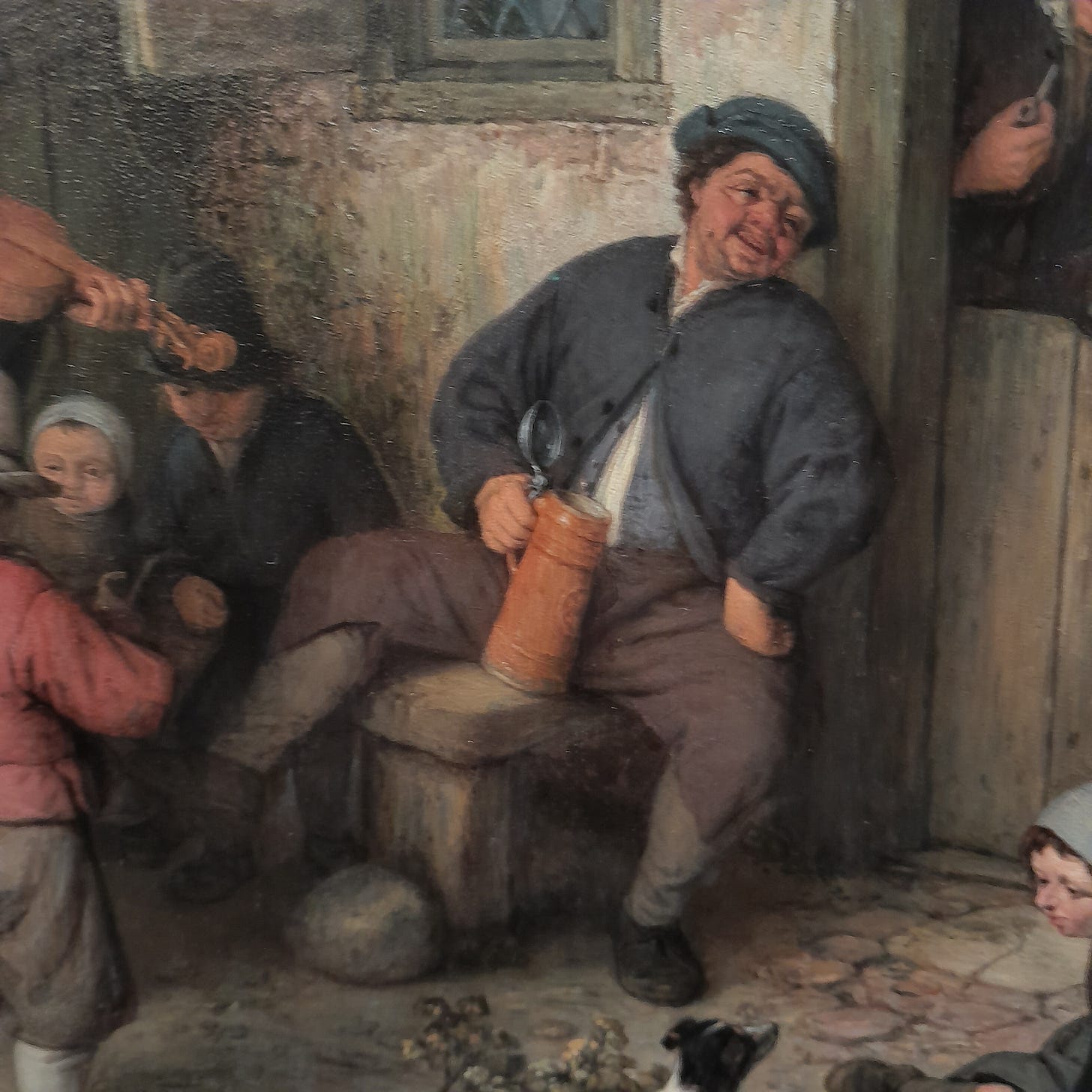My life in a socialist nightmare
While living in the Netherlands and trying my best to understand and appreciate its culture, I was reading the Sentinel too and keeping up to date on what was happening back home.
Here’s my May column for the Holland Sentinel…
I’m headed home soon, and I’ve never been more eager to get there.
Home for me these days is Holland, Michigan, where I retired a few years ago. But then I found myself drawn back to work, and so I’ve lived since last August in the Hague, a city on the North Sea coast of the Netherlands.
As my work contract ends, I am saying my goodbyes, promising to stay in touch with a few people (beyond social media connections), and packing. It’s bittersweet.
My thinking about home has changed quite a bit over the years. Home is where I want to be for what is likely the last leg of my earthly journey, but I have mixed feelings about it. Home, that is, not that last leg business. And maybe that is always the way with home. We love it, but we are sometimes angry with it, irritated by it, even exasperated about it. It’s complicated.
While I lived in the Netherlands and tried my best to understand and appreciate its culture, I’ve been reading the Sentinel too, keeping up to date on what is happening back home. Comparisons are inevitable.
For much of my life I have listened to U.S. politicians talk about the socialist nightmare in western Europe, the heavy tax burden, the government bureaucracy that stifles imagination and entrepreneurship. But in the last year I experienced something quite different. (Full disclosure: This is not my first time living abroad. I lived and worked for nearly five years in Switzerland, so I have had plenty of time to experience the socialist nightmare on this side of the ocean.)
My experience, to tell the truth, has been quite pleasant. The people I meet – my neighbors, the shop keepers in my neighborhood, the church members I have come to know – are generally happy. They are often critical of their government, of course, but that happens in a democracy. They regularly complain and point out government stupidity, but they are not eager to live anywhere else. The Netherlands (unlike the U.S.) consistently ranks among the world’s happiest countries. Other northern European countries do as well.
Most of the people I have come to know here look back across the ocean with a mix of horror and disbelief. They shake their heads over the gun culture and the mass shootings. They are puzzled about the country’s obsession with Donald Trump and the ongoing political dysfunction. When the country with the world’s largest economy and military is struggling, other people notice.
Have I paid high taxes on the income I earned here? Yes. Have I been happy about that? No.
But then I look around and notice that the roads and infrastructure are actually quite good, better than anything I’ve seen in the U.S., certainly better than in Michigan. As part of my work, I spend time in my city’s poorest neighborhood, and I have never seen anything there that compares to the suffering and squalor in my own country, which proudly calls itself “the richest country in the world.” There is poverty in this country, yes, but generally speaking the social safety net works and takes care of what the Bible calls “the least of these.”
The Netherlands is not a very religious country. It once was, of course, and visiting old churches has been one of my favorite activities on my day off. But rates of religious affiliation have fallen to low levels here, as they have throughout much of Europe. Church is no longer much of a factor in the lives of most people.
Even with that, though, there are some vibrant Christian communities here. My friends and neighbors like to point out that this country is in many ways “more Christian” than the country I call home. I find it hard to argue with them. When Christian leaders are more outraged by mask mandates than the number of children living with food insecurity, the claim to be a “Christian nation” can be hard to defend. My home country needs to do a better job with its priorities.
So, why don’t I just stay here, if I like it so much? Because, as I mentioned, this is not my home. I miss my family, the sunsets on Lake Michigan, and all the other wonderful and life-giving experiences of life at home.
The country where I was born, however, can be better than it is. Western Michigan, where I grew up and went to school, can be better than it is. I want to be proud of the place I call home.
Photos: (above) Finding my name at the largest shopping mall in the Netherlands made me feel at home. (middle) That’s me at the church’s farewell party on my last Sunday. (below) And that’s one of the sunsets I have been missing near my other home, a few steps from Lake Michigan.







I've been reading about what has been happening here - all in the name of Jesus, too! I expect to get involved!
Thanks for this, Fred. By the way, I got tired of waiting for my complimentary copy of your new book and finally ordered it (so that it would be waiting when I returned to the U.S.). Happy to say that I've got it and started to read it! ((I've never sent you complimentary copies of my books, so I don't know why I expected one from you.) :)